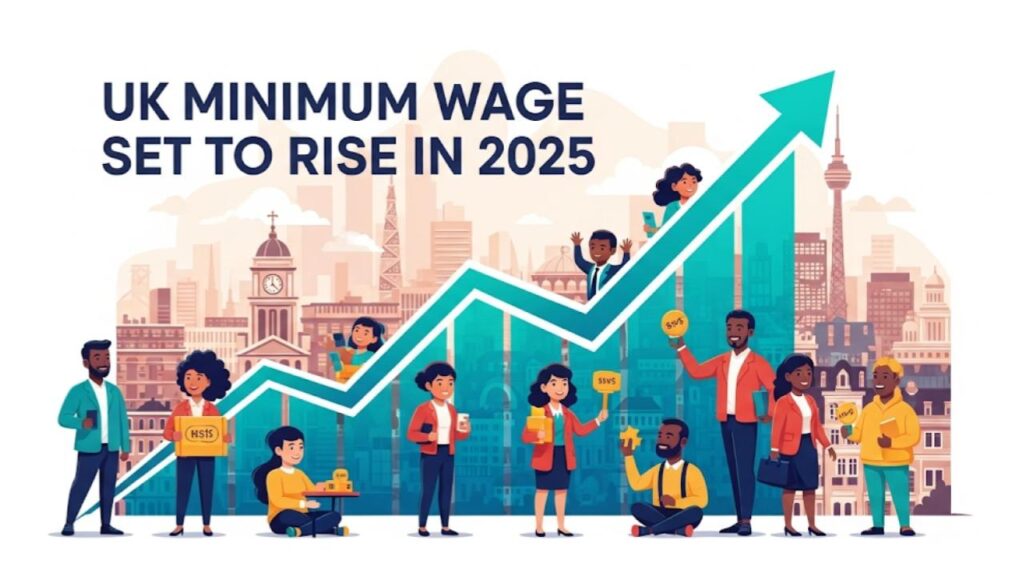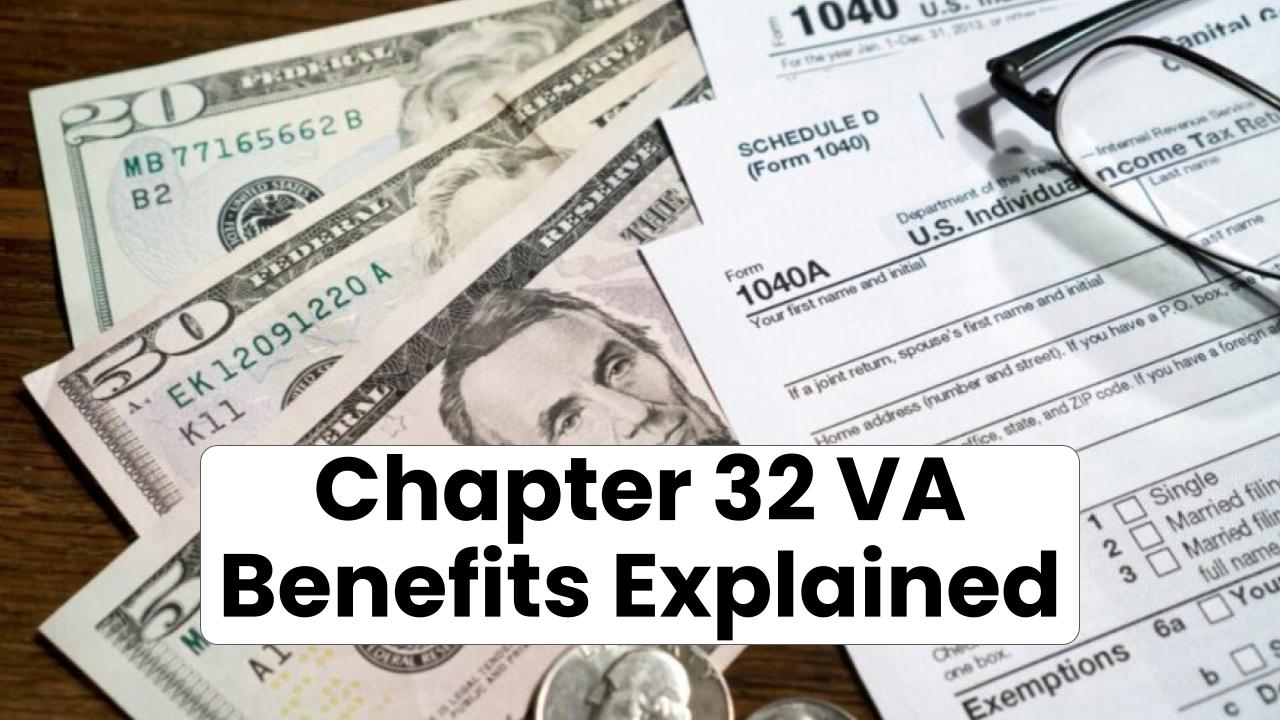Big news, folks! If you’re living in the United Kingdom and working hard for every pound, the UK minimum wage is getting a serious bump in 2025. This isn’t just small change—we’re talking about a solid increase that could mean hundreds to even thousands more in your pocket over the course of a year. Whether you’re flipping burgers, cleaning offices, working retail, or grinding it out in care work, this matters to you.

As of April 1, 2025, the National Living Wage (NLW) is set to rise to £12.21 per hour for workers aged 21 and over. That’s up from the current rate of £11.44, marking a 6.7% increase. And for younger workers and apprentices? Even bigger jumps.
UK Minimum Wage Set to Rise in 2025
| Category | New Rate (£/hour) | Previous Rate (£/hour) | % Increase | Estimated Annual Gain (Full-time) |
|---|---|---|---|---|
| National Living Wage (21+) | £12.21 | £11.44 | 6.7% | £1,400 |
| Ages 18–20 | £10.00 | £8.60 | 16.3% | £2,500 |
| Under 18 / Apprentices | £7.55 | £6.40 | 18.0% | N/A |
| Accommodation Offset (daily) | £10.66 | £9.99 | 6.7% | N/A |
Whether you’re earning your stripes at your first job or you’ve been grinding for years, the 2025 UK minimum wage increase is a big win. It’s not just numbers—it’s about putting more food on the table, saving for the future, and feeling valued for your time and effort.
This change brings the UK closer to fair pay across the board. Workers get a leg up. Employers build trust and loyalty. It’s a win-win, as long as everyone plays by the rules. So stay sharp, check your pay, and make sure you’re getting what you’ve earned. You’ve worked for it.
What Is the UK Minimum Wage in 2025?
The UK National Minimum Wage (NMW) and National Living Wage (NLW) are legally mandated hourly pay rates designed to protect workers. The NLW applies to those aged 21 and older, while different minimum rates exist for younger age groups and apprentices. These are reviewed annually based on recommendations from the Low Pay Commission (LPC).
This year, the government has followed through on its promise to push the National Living Wage above £12, aligning with goals to bring wages to two-thirds of median UK earnings. “These increases reflect the government’s ongoing commitment to making work pay,” says Bryan Sanderson, Chair of the Low Pay Commission.
Why the Increase Matters
Alright, let’s talk turkey. If you’re working 40 hours a week, this bump means you’ll take home about £28.40 more per week if you’re 21 or older. That stacks up to roughly £1,400 extra per year — before taxes.
For an 18 to 20-year-old, the jump to £10.00/hour from £8.60 means around £60 per week extra, or about £2,500/year full time. Not bad, huh?
These raises help:
- Keep up with the rising cost of living
- Reduce wage inequality
- Improve employee retention
- Motivate job seekers and boost productivity
Who’s Affected (and How to Know If You Qualify)
Anyone legally working in the UK who meets these criteria:
- Age 16 and over
- Not self-employed
- Not part of military service
- Not unpaid volunteers or interns
If you’re 21+ in 2025, your employer must pay you at least £12.21/hr. And employers? You better get those payroll systems updated, or risk heavy penalties from HMRC.
Real-Life Example: How Much More Will You Earn?
Let’s say Jess, a 23-year-old retail worker, clocks in 37.5 hours/week:
Before:
- £11.44/hr x 37.5 hrs = £429/week
- Annual = £22,308
After April 1, 2025:
- £12.21/hr x 37.5 hrs = £458/week
- Annual = £23,816
Annual Gain: £1,508 (before tax)
That could be rent for a month. Or a solid holiday. Or just peace of mind.
Tips for Workers: How to Maximize Your Pay
- Check your payslip monthly. Ensure your hourly rate reflects the legal minimum.
- Track hours with apps like Clockify or Toggl so you’re not shorted.
- Talk to HR if your pay doesn’t match. It’s your right.
- Use free tax calculators like MoneySavingExpert to estimate your take-home.
- Look for employers who pay the Real Living Wage (£11.44+ in 2024), even higher than the NMW.
Tips for Employers: Stay Compliant and Smart
- Update payroll before April 1, 2025
- Communicate changes with your staff
- Use official guidance from GOV.UK
- Consider increasing benefits to retain talent
- Remember: failure to comply = back pay + fines + reputational damage
Also note, employers’ National Insurance Contributions (NICs) are going up from 13.8% to 15%, and the NIC threshold drops from £9,100 to £5,000/year starting April 6, 2025.
FAQs
What is the minimum wage in the UK in 2025?
- The National Living Wage for ages 21+ is £12.21/hour starting April 1, 2025.
Is this different from the Real Living Wage?
- Yes. The Real Living Wage is set independently by the Living Wage Foundation and is voluntary. It’s often higher.
Will apprentices benefit from this increase?
- Yes. The apprentice rate goes up to £7.55/hour, an 18% increase.
How often is the minimum wage updated?
- Annually, every April 1st, based on recommendations from the Low Pay Commission.
What happens if my employer doesn’t follow the new rate?
- You can file a complaint with HMRC or through Acas.








